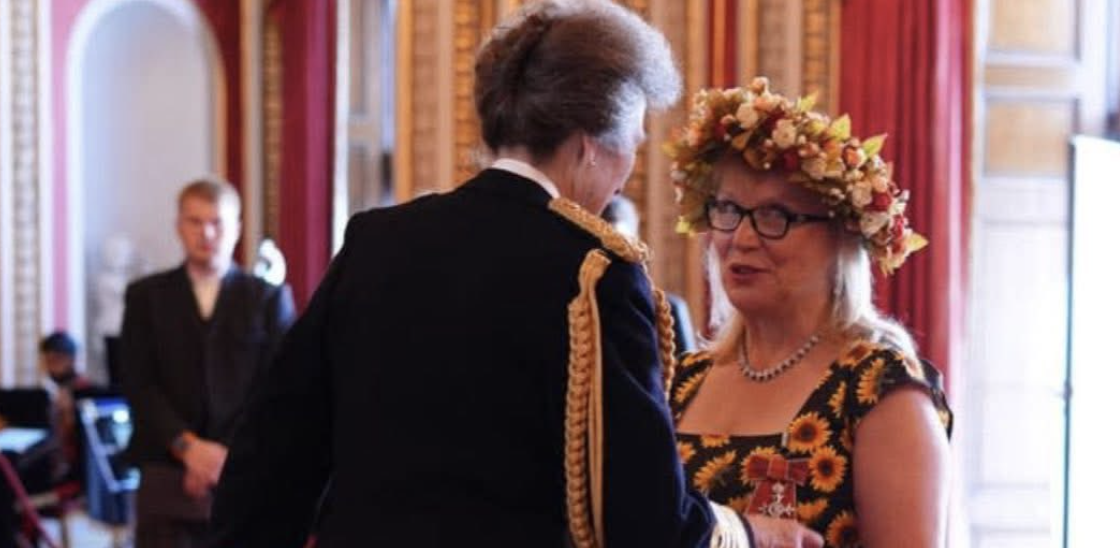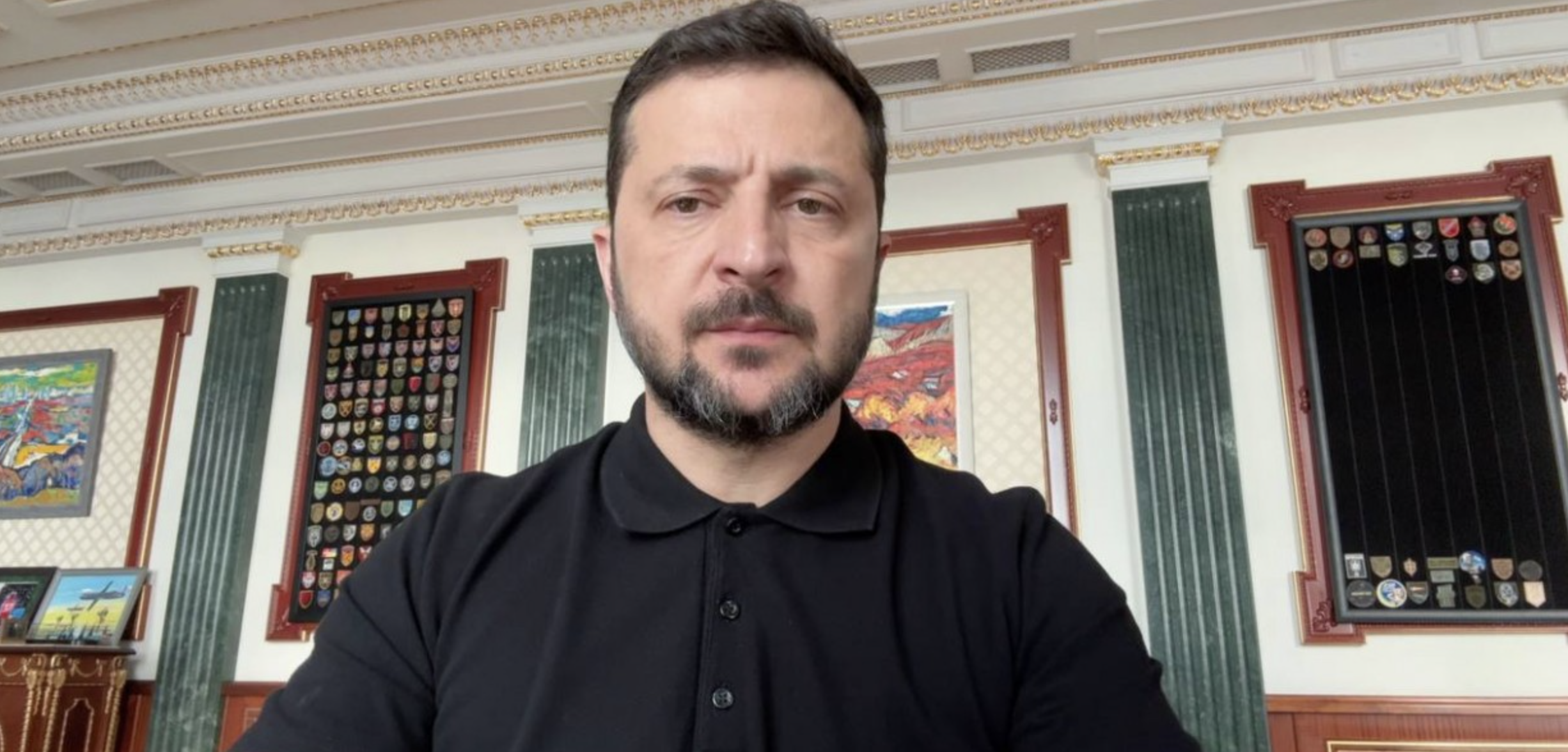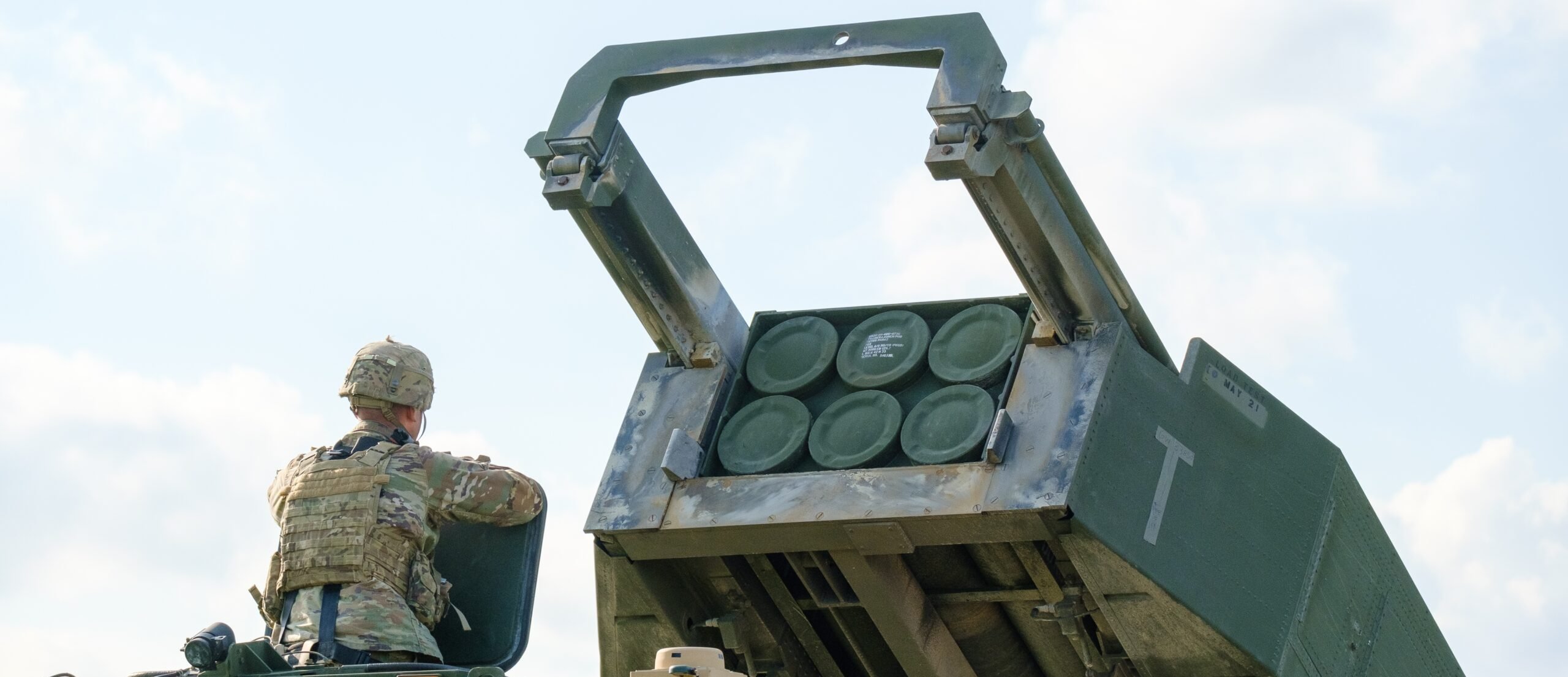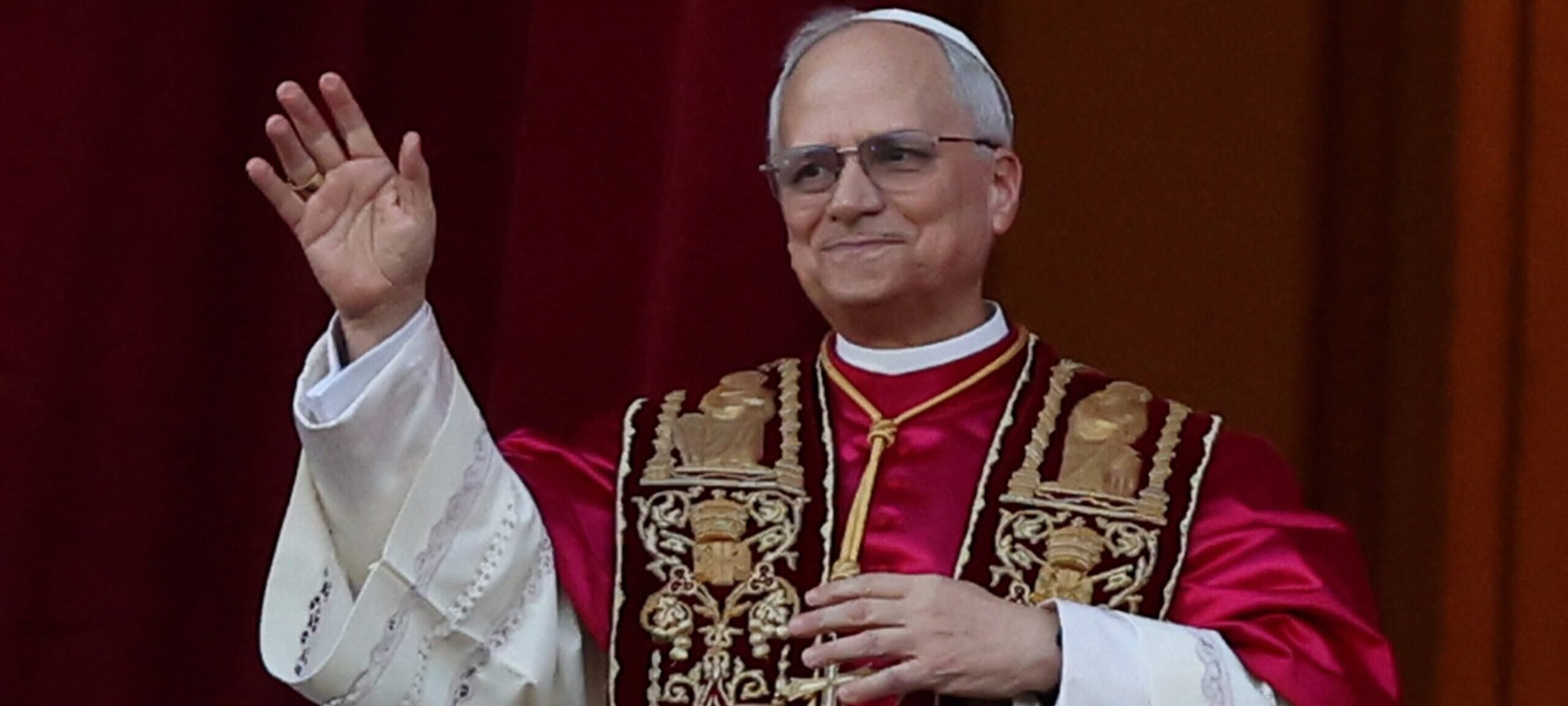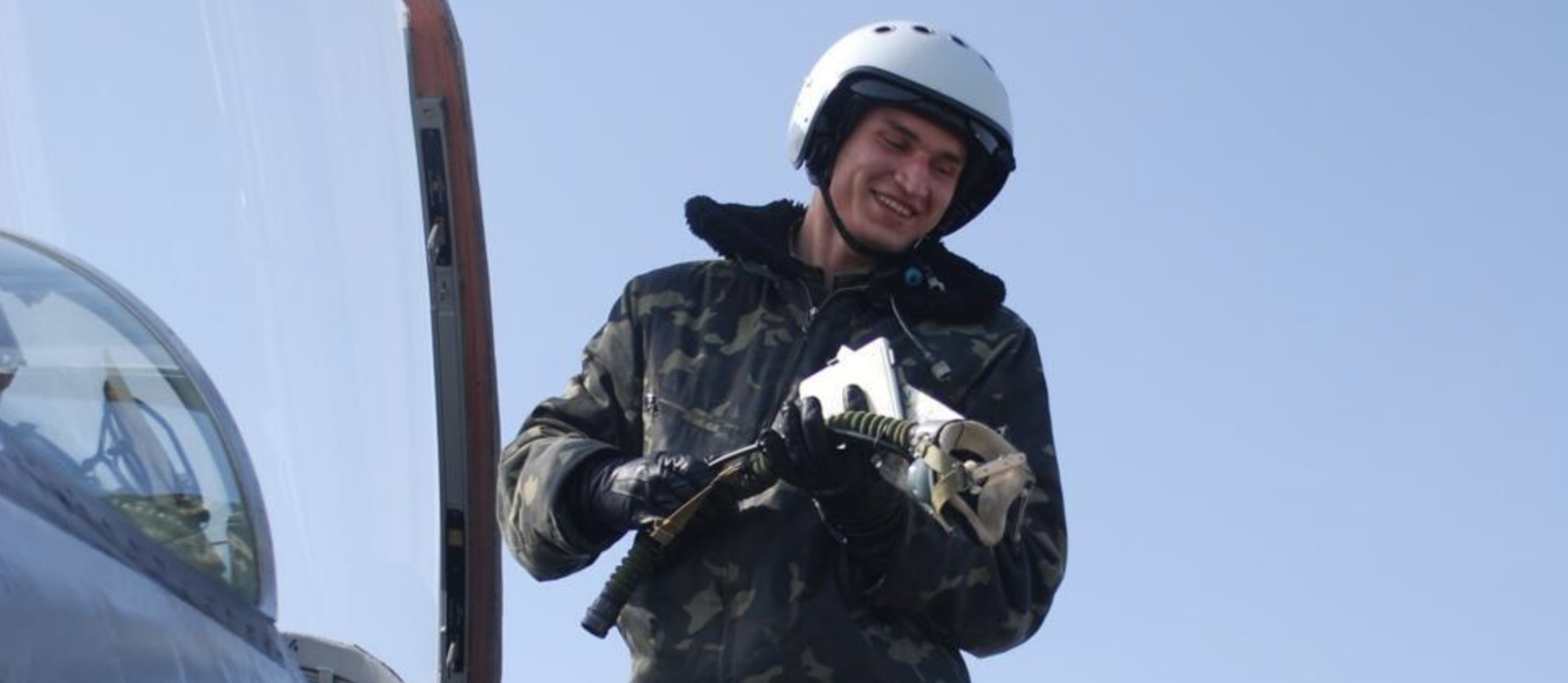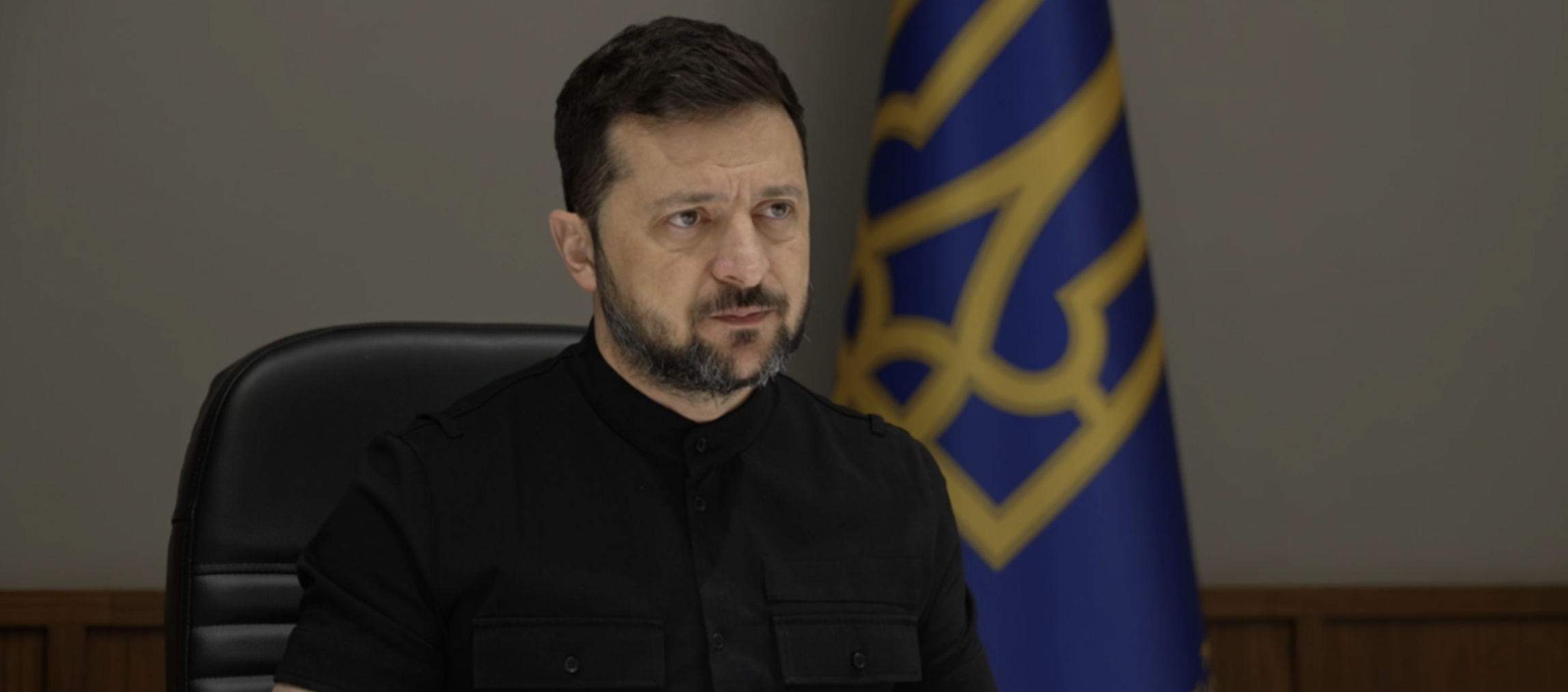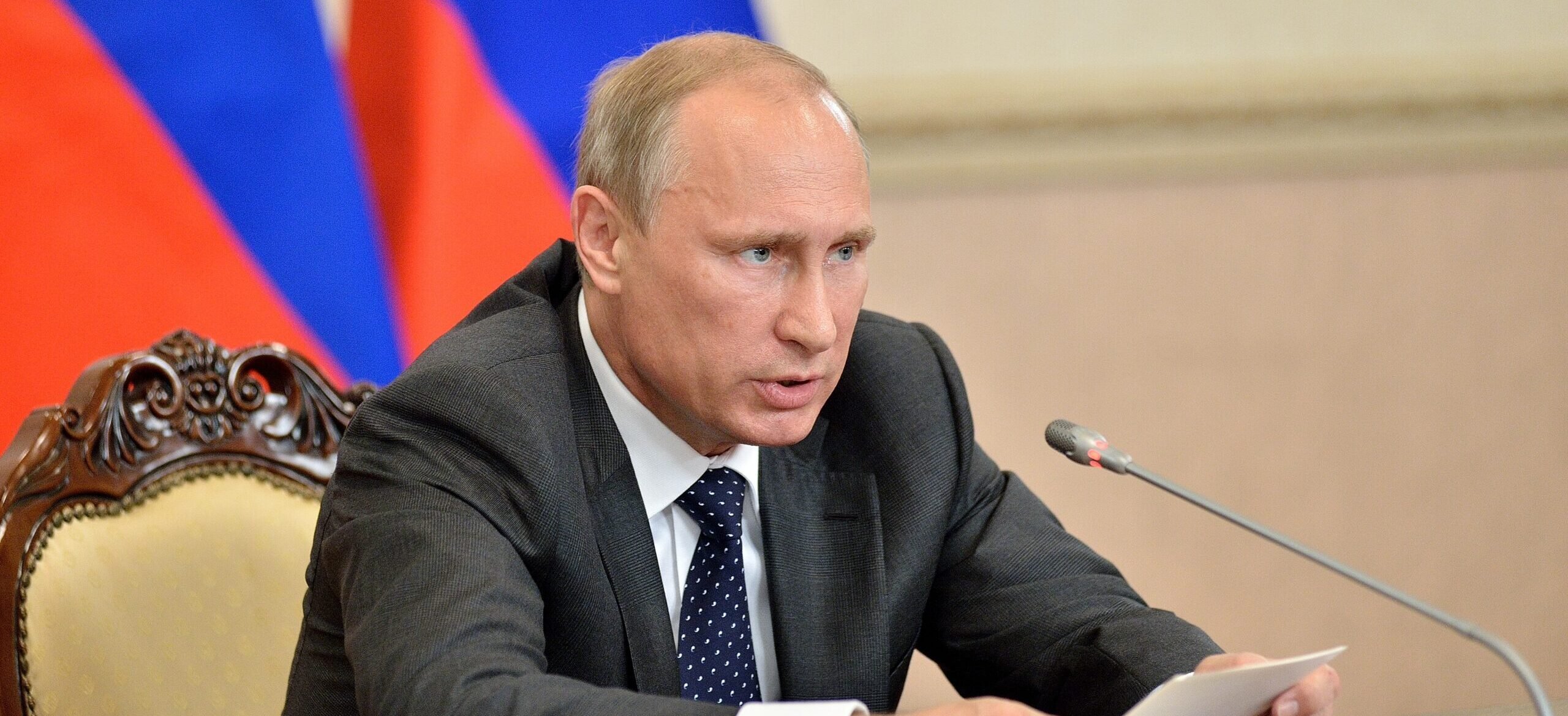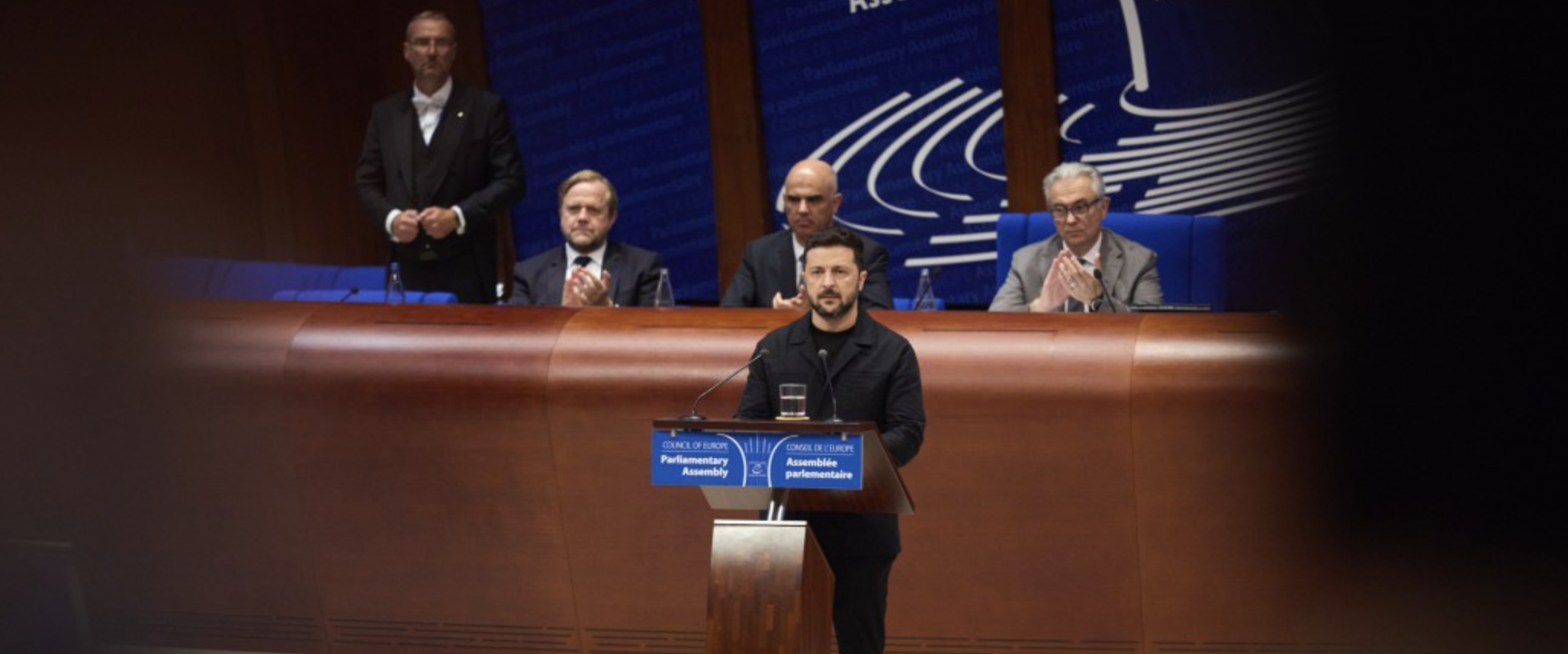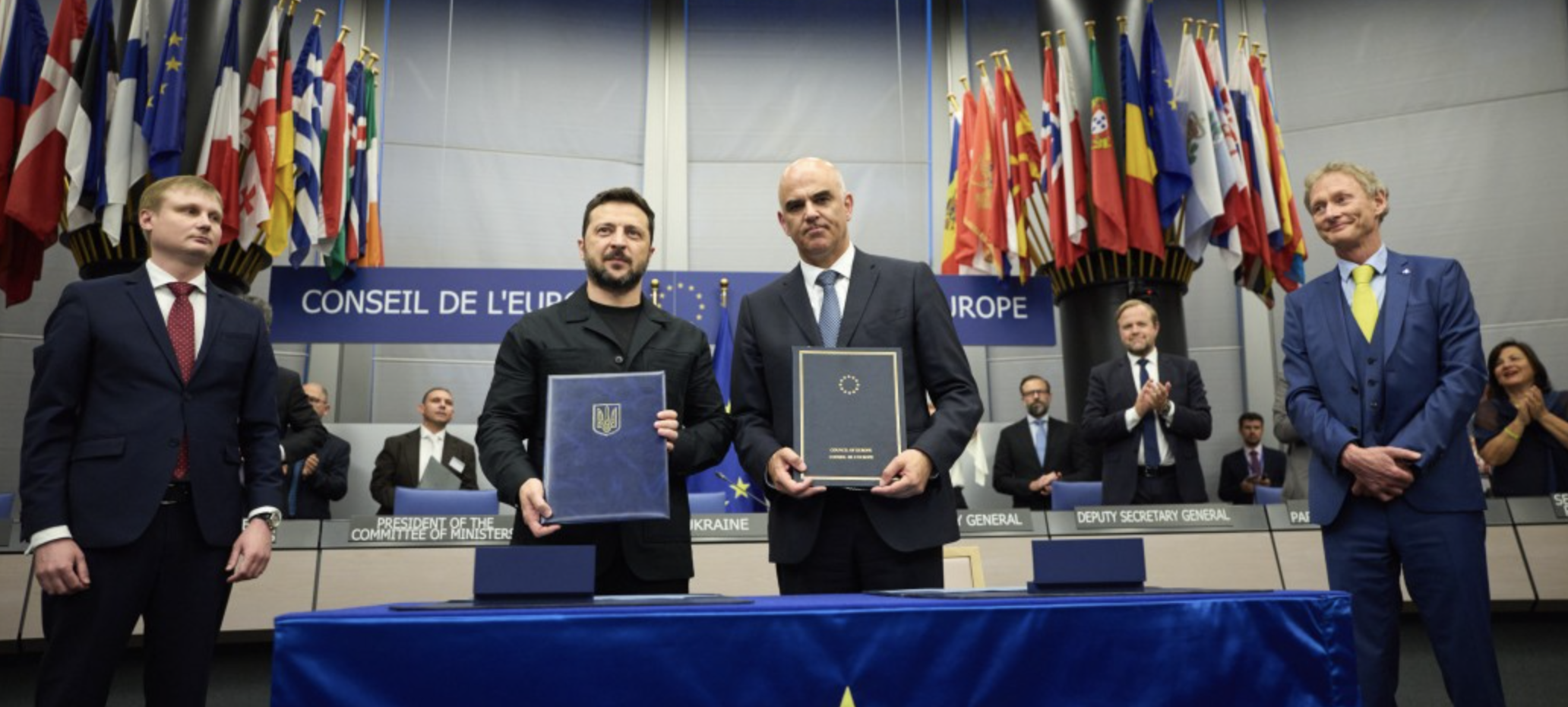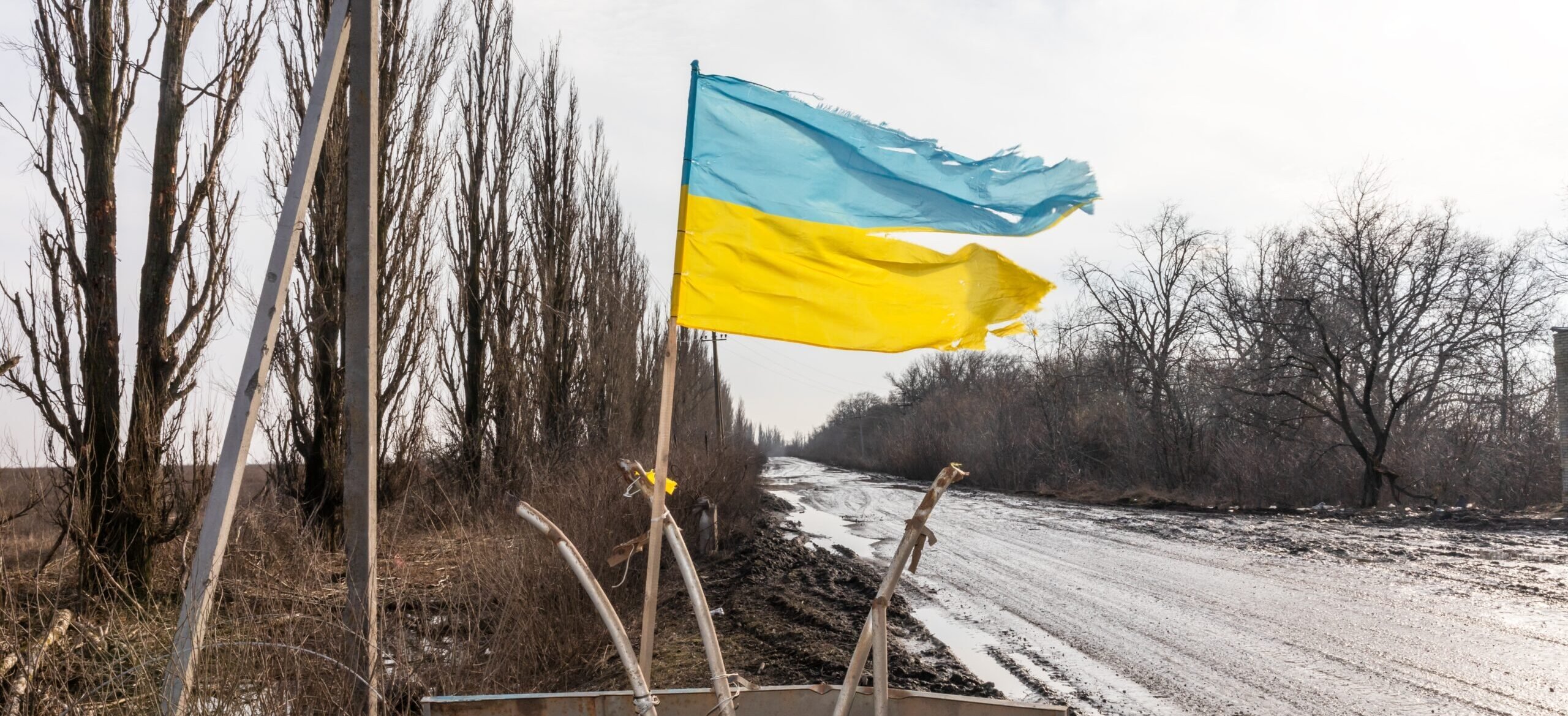
 by Patrick Wintour, British journalist, The Guardian’s diplomatic editor
by Patrick Wintour, British journalist, The Guardian’s diplomatic editor
Source: The Guardian
Some analysts believe Kyiv is buying the west time on the precipice of a world war. Is it being used wisely? When big history is self-evidently being written, and leaders face momentous choices, the urge to find inspiration in instructive historical parallels is overwhelming and natural. “The only clue to what man can do is what man has done,” the Oxford historian RG Collingwood once wrote.
One of the contemporary politicians most influenced by the past is the Estonian prime minister, Kaja Kallas, and not just because of her country’s occupation by Russia or her personal family history of exile.
She lugs books on Nato-Russian relations, such as Not One Inch, with her on beach holidays. And in her hi-tech office at the top of the old town in Tallinn, she argued this was a 1938 moment – a moment when a wider war was imminent but the west had not yet joined the dots.
She said the same mistake was made in 1938 when tensions in Abyssinia, Japan and Germany were treated as isolated events. The proximate causes of the current conflicts in Ukraine, the Middle East, the South China Sea and even Armenia might be different, but the bigger picture showed an interconnected battlefield in which post-cold war certainties had given way to “great-power competition” in which authoritarian leaders were testing the boundaries of their empires. The lesson – and necessity – was to resist and rearm. “The lesson from 1938 and 1939 is that if aggression pays off somewhere, it serves as an invitation to use it elsewhere,” Kallas said.
Her favourite historian, Prof Tim Snyder, adds a twist by reimagining 1938 as a year in which Czechoslovakia, like Ukraine in 2022, had chosen to fight: “So you had in Czechoslovakia, like Ukraine, an imperfect democracy. It’s the farthest democracy in eastern Europe. It has various problems, but when threatened by a larger neighbour, it chooses to resist. In that world, where Czechoslovakia resists, there’s no second world war.”
Snyder said such an outcome had been possible. “They could have held the Germans back. It was largely a bluff on the German side. If the Czechs resisted, and the French and the British and maybe the Americans eventually started to help, there would have been a conflict, but there wouldn’t have been a second world war.
“Instead, when Germany invaded Poland in 1939, it was invading Poland with the Czech armaments industry, which was the best in the world. It was invading with Slovak soldiers. It was invading from a geographical position that it only gained because it had destroyed Czechoslovakia.”
Snyder drove home his lesson from history: “If Ukrainians give up, or if we give up on Ukraine, then it’s different. It’s Russia making war in the future. It’s Russia making war with Ukrainian technology, Ukrainian soldiers from a different geographical position. At that point, we’re in 1939. We’re in 1938 now. In effect, what Ukrainians are letting us do is extend 1938.”
Read the full text at the link.
Cover: Shutterstock
